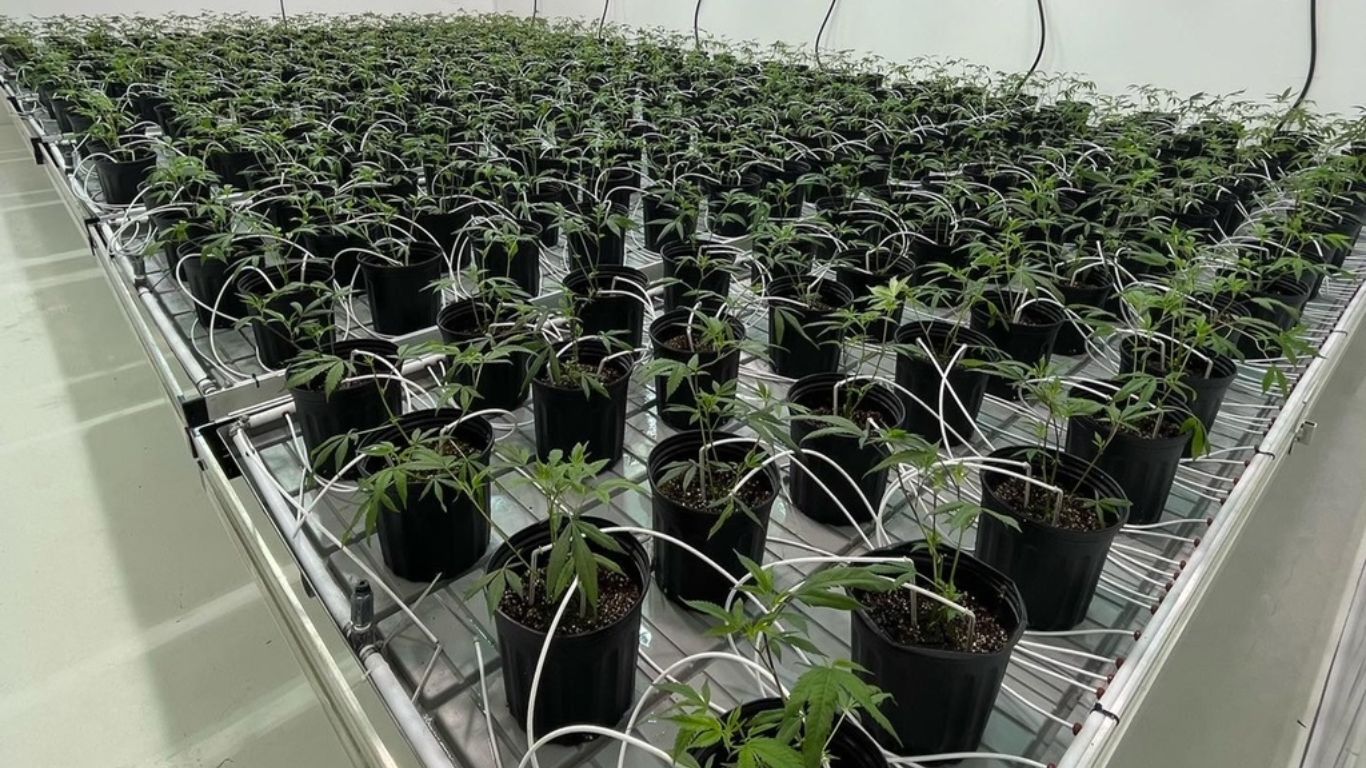
An annual report out of Ontario says the Alcohol and Gaming Commission of Ontario cannot account for more than 84,000 lots of cannabis products in its stores.
The report from the Ontario Auditor General Bonnie Lysyk’s annual report, released on Monday, shows that from September 2019 to July 2020, retail cannabis stores reported destroying 5,477 units of cannabis products and having 84,228 fewer units of cannabis on hand than recorded in their inventory. It also notes it cannot verify this information.
The report says the AGCO cannot guarantee that these units were not lost, stolen or diverted elsewhere, such as the black market and that the AGCO has not conducted any retail store inventory counts to confirm that information being reported is reliable.
“Provincially regulated retail cannabis stores are required to submit monthly sales reports to the AGCO. In addition, retail stores are also required to self-report any discrepancies in inventory (within 24 hours), transfers of cannabis between stores (monthly), and destroyed cannabis products (monthly). From September 2019 to July 2020, retail cannabis stores reported destroying 5,477 units of cannabis products and having 84,228 fewer units of cannabis on hand than recorded in their inventory”
The report also says that the provincial regulatory is not effectively using mystery shoppers to monitor the risk of cannabis sales to minors. From August 2019 to March 2020, 26 new stores opened, but the AGCO had requested these inspections for only three stores.
The AGCO uses a third party provider that employs people aged 19 to 25 to conduct mystery shopper inspections in private retail stores that sell cannabis.
Manitoba recently tabled legislation to allow the province to use minors as secret shoppers in cannabis stores. The new legislation, Bill 60, amends existing legislation to make it legal for the province to hire young people to determine retailer’s compliance with provincial laws around the age of access.
The provincial regulator states that they have reduced its use of the mystery shopper program because of dissatisfaction with the services of the provider. One flaw noted in the report is the repeated use of the same inspectors for retail locations, which can allow retailers to comply when the inspectors are around, rather than being a “mystery”.
As a result of the report, the AGCO says it will seek a new third party provider for these mystery shopper programs. It will also ask inspectors to look for additional information other than age of purchase, such as if the products being sold have a proper provincial excise stamp and that amounts being sold are not over 30 grams, the provincial and federal limit. It will also seek to increase inspections, especially in stores near schools.
Ontario’s first retail cannabis store opened on April 1, 2019. The province now has over 250 retailers. The Ontario Cannabis Store (OCS) sells cannabis products to private retail stores at a 25% markdown from the prices on its website. According to data published by the Ontario Cannabis Store, in fiscal 2019/20 private retail stores accounted for 81% of the $385 million in legal cannabis sales compared to only 19% for the online store, despite the higher prices charged by retails stores.
Other cannabis-related hilights from the report:
- As of August 2020, 11 cannabis stores originally owned by small businesses had been sold to large commercial cannabis operators.
- In July 2020 online prices ranged from $4.07/gram to $16.36/gram depending on the type, for a weighted average price of $8.56/gram based on the volume sold. Retail stores charged a weighted average price of $10.84/gram. In comparison, the illegal market price for cannabis was estimated to be $8.23/gram, not significantly different from the average OCS price.
- Between January and August 2020, the AGCO received 960 applications to open retail cannabis stores. Until September 2020, the province had limited the number of new stores to five per week due to several factors such as the OCS’s limited distribution capacity, supply challenges with certain products, and the province’s and municipalities’ desire for a responsible rollout of retail stores. On September 28, the province moved to opening 10 new stores per week.
- The AGCO’s Audit and Financial Investigation group has the authority to conduct inventory counts at cannabis retail stores, and review surveil-lance video of the destruction process. However, as of September 2020, the group had never conducted an inventory count or asked to view a retailer’s surveillance video.











